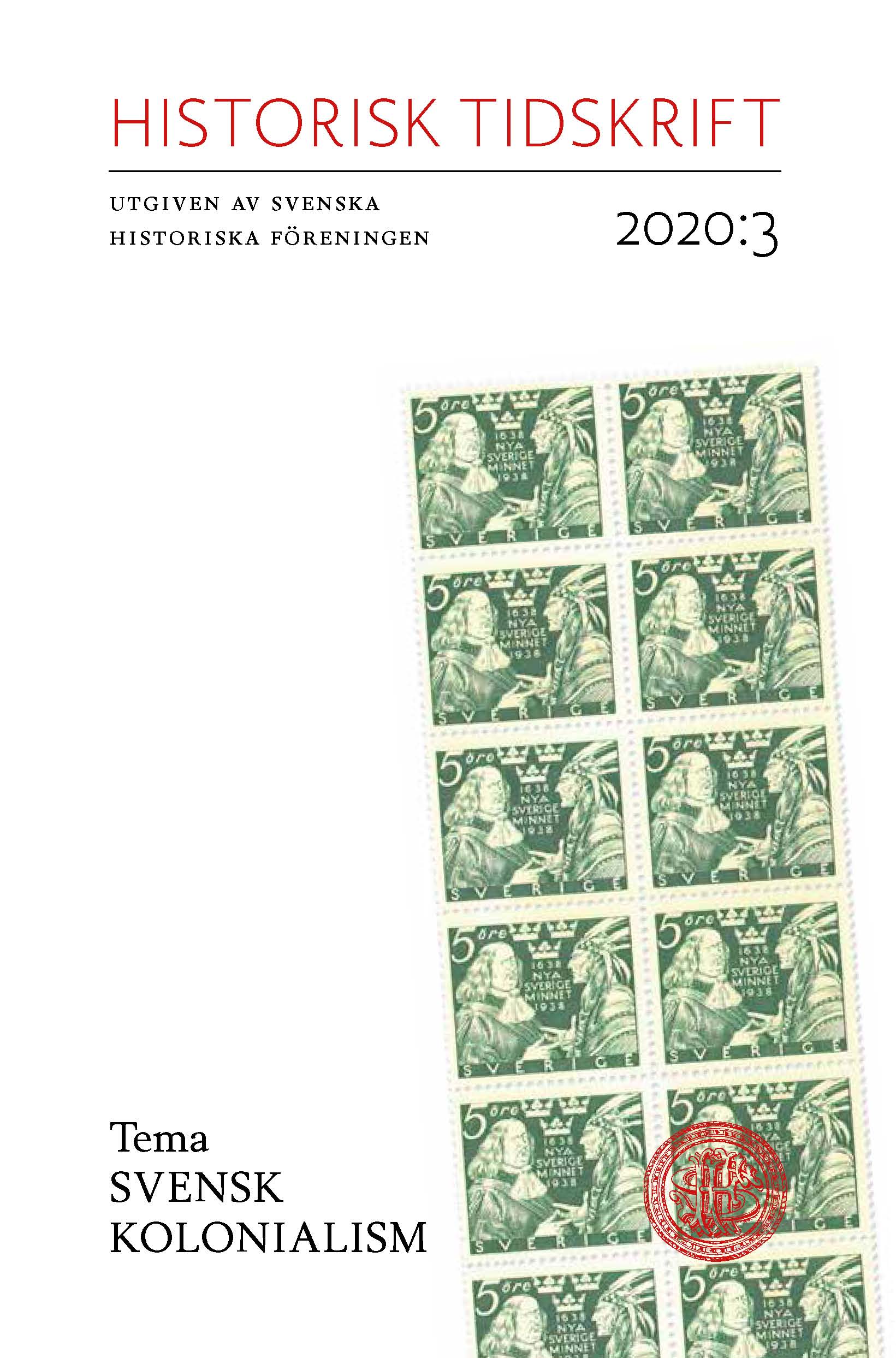Abstract
Jacob Letterstedt, British Imperialism and the Letterstedt Donations
Jacob Letterstedt, born Lallerstedt, is best known in Sweden for his charitable foundation Letterstedtska Föreningen, which funds Nordic cultural projects. Born at the end of the eighteenth century, he left Sweden at the age of 23, escaping debts and failing business ventures. He went to London, changed his name, and joined the first group of settlers the British government sent to the Cape Province in southern Africa. Through his marriage to a widow of Boer descent who owned a large estate, he became established as a landowner and important merchant, but also as a slave owner. Exploiting his workforce and business contacts, his fortune grew as he sold flour to passing ships and the increasing population in Cape Town, as well as exporting beer to Europe.
He entered the local political arena upon obtaining British citizenship, but his Swedish background also proved valuable as he was appointed Swedish (later Swedish-Norwegian) consul. Through this position, he could spread information about the conditions in the Cape Province and promote Swedish trade with South Africa and beyond. In addition to mercantile endeavors, his wealth grew both from compensation for his slaves after the abolition of slavery and from the work of “free” laborers of “many nationalities” in the fields or in his mills and breweries.
In a global transnational perspective, Jacob Letterstedt was an active participant in British imperialism. He acted to take advantage of this for his own business, but also for national interests. As Swedish or SwedishNorwegian consul, he paved the way for many Swedish industrial capitalists, ship-owners – and in some sense also workers – to profit from British imperialism in South Africa. Through his donations to the Royal Swedish Academy of Sciences and to the part of his fortune that would become Letterstedtska Föreningen, based on the work of slaves and “free” laborers, he also contributed to Nordic culture and research. Now we know the origins of the money.

